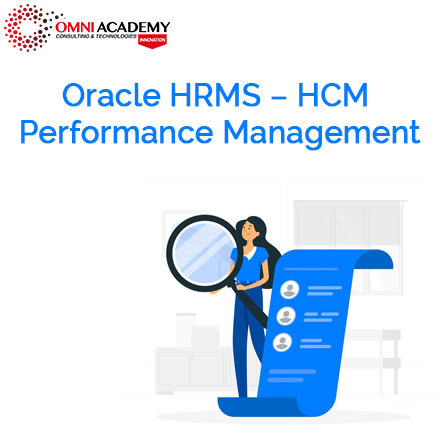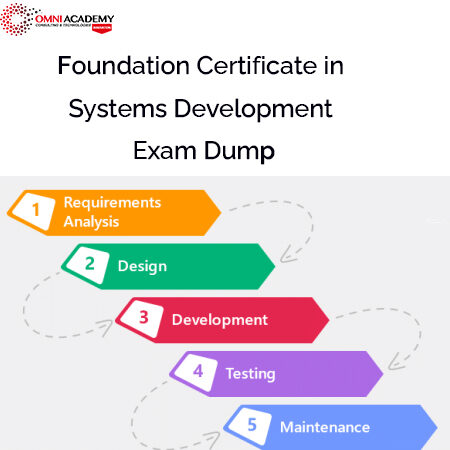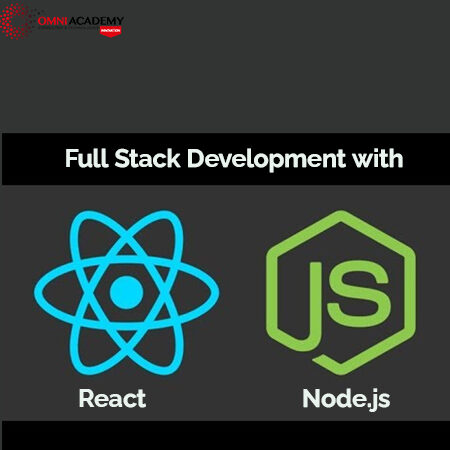ORACLE Database Introduction to SQL
This course provides a comprehensive introduction to SQL (Structured Query Language) for accessing and manipulating data in an Oracle Database. Designed for beginners, it helps students understand the basics of relational databases, write SQL queries, and manage data effectively using Oracle SQL. The course is a foundation for aspiring database developers, analysts, and administrators.
???? Pass Certification Oracle Database: SQL Fundamentals (Click FREE Exam Practice Exam Questions)
Key Learnings:
By the end of the course, participants will be able to:
-
Understand Oracle RDBMS architecture.
-
Write basic to advanced SQL queries.
-
Retrieve, insert, update, and delete data using SQL.
-
Create and manage database objects (tables, views, indexes, etc.).
-
Control user access and manage privileges.
-
Work with built-in SQL functions and aggregate data.
-
Understand subqueries and joins.
Course Outline
Module 1: Introduction to Oracle Database and SQL
-
Overview of RDBMS and Oracle architecture
-
What is SQL? Types of SQL (DDL, DML, DCL, TCL)
-
Using SQL*Plus and Oracle SQL Developer
Module 2: Basic SQL SELECT Statements
-
SELECT Statement Syntax
-
Column Aliases
-
Arithmetic Expressions
-
DISTINCT Keyword
Module 3: Restricting and Sorting Data
-
WHERE Clause Conditions
-
Comparison, Logical, and BETWEEN/LIKE/IN Operators
-
ORDER BY Clause
-
Handling NULL values
Module 4: Single-Row Functions
-
Character, Number, and Date Functions
-
Conversion Functions
-
Nested Functions
-
Conditional Expressions (CASE, DECODE)
Module 5: Displaying Data from Multiple Tables
-
Introduction to Joins
-
INNER Joins and Table Aliases
-
OUTER Joins (LEFT, RIGHT, FULL)
-
Self Joins and Cross Joins
Module 6: Aggregating Data Using Group Functions
-
COUNT, SUM, AVG, MIN, MAX
-
GROUP BY Clause
-
HAVING Clause
Module 7: Subqueries
-
Single-row and Multi-row Subqueries
-
Correlated Subqueries
-
Using Subqueries in SELECT, FROM, WHERE, and HAVING clauses
Module 8: Data Manipulation Language (DML)
-
INSERT, UPDATE, DELETE Statements
-
MERGE Statement
-
Transaction Control (COMMIT, ROLLBACK, SAVEPOINT)
Module 9: Data Definition Language (DDL)
-
Creating Tables and Column Data Types
-
Modifying and Dropping Tables
-
Constraints (Primary Key, Foreign Key, NOT NULL, UNIQUE, CHECK)
Module 10: Database Objects and Security
-
Views: Creating, Updating, and Dropping
-
Indexes and Sequences
-
Synonyms
-
Users, Roles, and Privileges
-
GRANT and REVOKE
Module 11: Advanced Topics (Optional/Introductory)
-
Set Operators (UNION, INTERSECT, MINUS)
-
Hierarchical Queries (START WITH, CONNECT BY)
-
Flashback Queries (if available)
-
Introduction to PL/SQL (Overview only)
Final Project
Benefits to You
Ensure fast, reliable, secure and easy to manage performance. Optimize database workloads, lower IT costs and deliver a higher quality of service by enabling consolidation onto database.
International Student Fee : 300 USD | 395 CAD | 1,125 AED | 1,125 SAR
Job Interview Preparation (Soft Skills Questions & Answers)
- Tough Open-Ended Job Interview Questions
- What to Wear for Best Job Interview Attire
- Job Interview Question- What are You Passionate About?
- How to Prepare for a Job Promotion Interview
???? Your FREE eLEARNING Courses (Click Here)
Internships, Freelance and Full-Time Work opportunities
Flexible Class Options
- Weekend Classes For Professionals SAT | SUN
- Corporate Group Trainings Available
- Online Classes – Live Virtual Class (L.V.C), Online Training
Related Courses
Oracle Techno Functional Consultant – Oracle Apps R12
Diploma SAP ERP Complete All-in-One Course
Oracle ERP R12 Supplychain Management
R12i Oracle E Business Suite Fundamentals
Oracle E-Business Suite R12 Applications DBA
Oracle Fusion Financials Cloud – 1Z0-408
[/vc_column_text]








